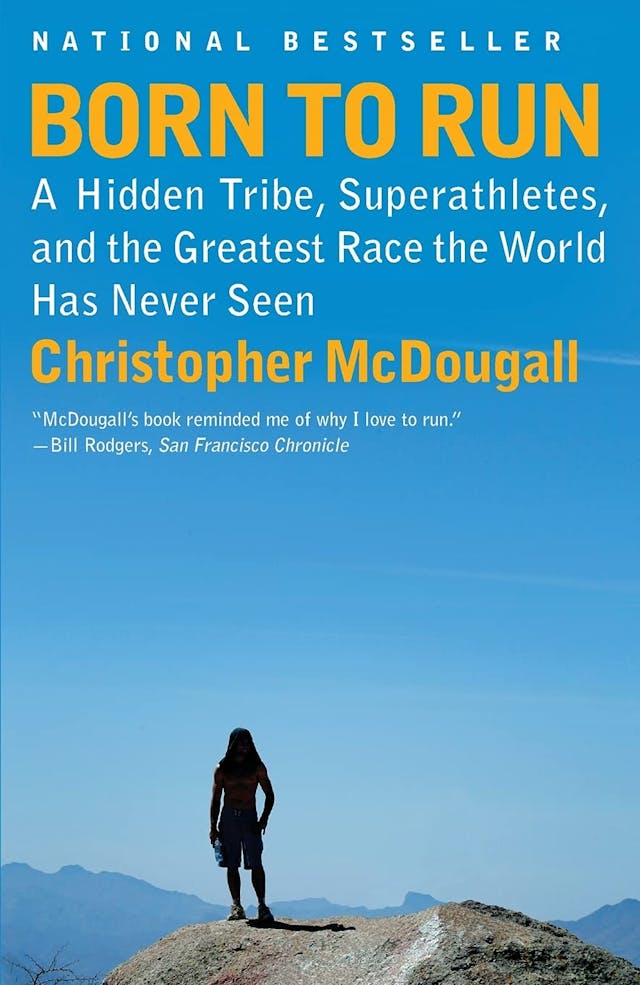Into the Wild Summary
Key Takeaways
- The allure of adventure and the wilderness can drive individuals to extreme decisions and actions.
- Simplicity and minimalism can lead to profound personal insights but also pose significant risks.
- The quest for freedom and escape from society can lead to ultimate liberation or tragic consequences.
- The importance of preparation and respect for nature when embarking on wilderness adventures.
- The story of Chris McCandless is a poignant reminder of the thin line between idealism and impracticality.
🌿 ReflectBay
Overthinking again?
You're not too much. You're just overwhelmed and it's okay. We help you untangle the noise and feel calmer.
We'll help you...
Summary
Jon Krakauer's 'Into the Wild' explores the intriguing and tragic story of Chris McCandless, a young man who abandoned his conventional life to live in the wilds of Alaska. Inspired by transcendentalist philosophy and a desire to escape modern life, McCandless seeks a life of deeper meaning and connection with nature.
Krakauer traces McCandless’s journey from his well-off family, through the American West, and finally to his last days in the Alaskan wilderness. The narrative is built on interviews, personal notes, and the diary McCandless kept during his travels.
The book examines the ideological and emotional motivations behind McCandless’s decision to forsake civilization, highlighting both the inspirational and cautionary aspects of his journey. Krakauer delves into the psychological and environmental factors that shaped McCandless’s adventures and his ultimate fate.
‘Into the Wild’ is a reflection on human yearning for adventure and solitude, exploring the complex interplay between human ambition and the merciless realities of nature. It stands as a profound narrative on the limits of human endurance and the pursuit of a meaningful life.
Also recommended

Born to Run
Christopher McDougall
Open: An Autobiography
Andre Agassi
